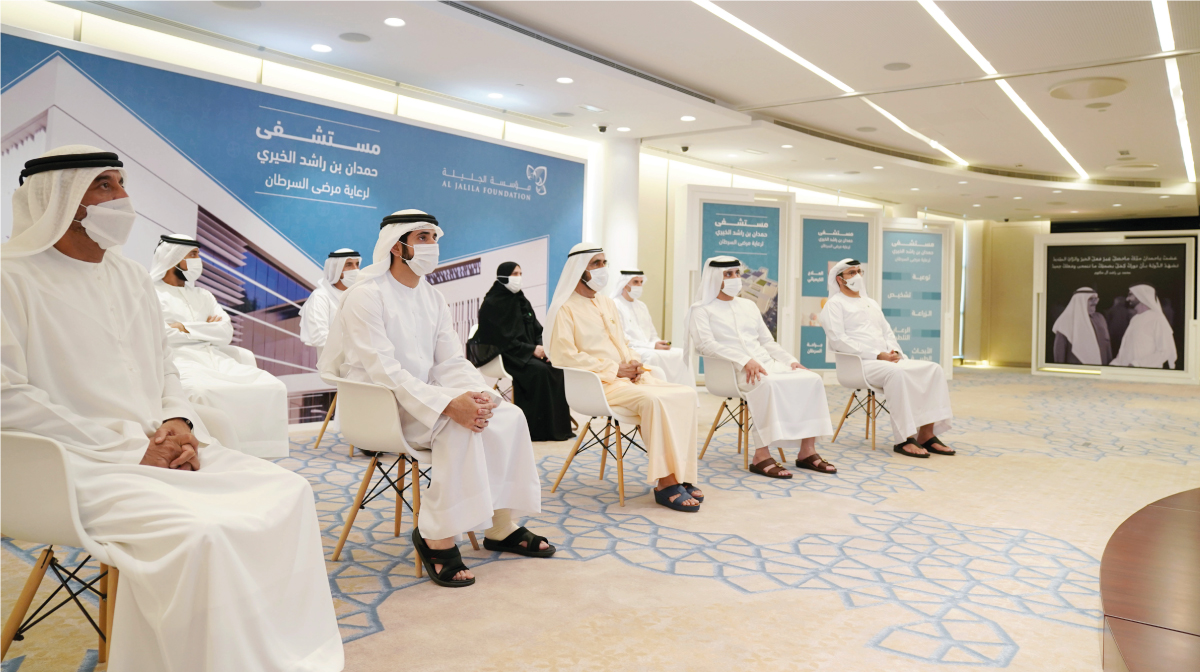The United Arab Emirates is bolstering its fight against cancer with a new program designed to train residents in providing crucial support to patients. This initiative signifies a growing recognition of the multifaceted nature of cancer care, acknowledging the importance of emotional and practical assistance alongside medical treatment.
Details regarding the program are still emerging, but early reports suggest it will target a range of individuals, potentially including community members, volunteers, and even non-medical professionals. The training will equip them with the knowledge and skills necessary to effectively support cancer patients and their families throughout their journey.
This development comes amidst a backdrop of rising cancer rates in the UAE. While significant strides have been made in recent years to improve access to advanced medical treatments, the focus is now shifting towards holistic patient care. The emotional and psychological toll of a cancer diagnosis can be immense, and trained support staff can play a vital role in mitigating these challenges.
The specific areas of training are likely to encompass a variety of topics. Participants might learn about the different stages of cancer treatment, the potential side effects, and effective communication strategies for interacting with patients. Additionally, the program could include modules on managing stress, coping mechanisms, and providing emotional support.
The inclusion of non-medical professionals in the training program presents an intriguing possibility. Individuals with backgrounds in social work, psychology, or even hospitality could offer invaluable support to patients. Their skills and experience could translate effectively into providing practical assistance, emotional counseling, or simply a listening ear during difficult times.
This initiative aligns with a growing global trend towards patient-centered care. By empowering residents to provide support, the UAE is aiming to create a more comprehensive and holistic healthcare system for cancer patients. The program has the potential to not only alleviate the burden on medical professionals but also significantly improve the quality of life for patients and their families as they navigate the complexities of cancer treatment.
The rollout of the program and its specific details are yet to be announced. However, the UAE's commitment to strengthening its cancer care infrastructure is a positive development. By equipping residents with the tools to provide effective support, the initiative has the potential to make a significant difference in the lives of those battling this challenging disease.

